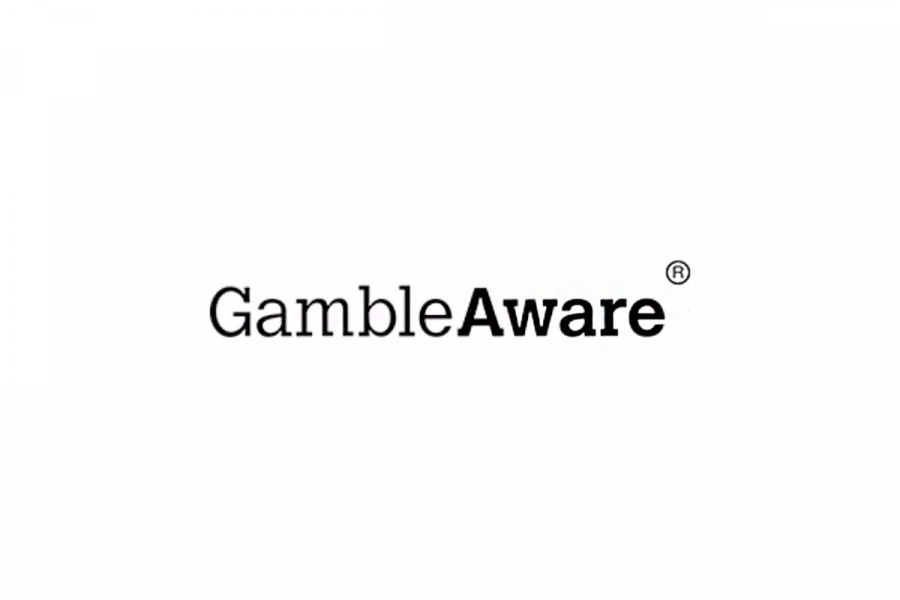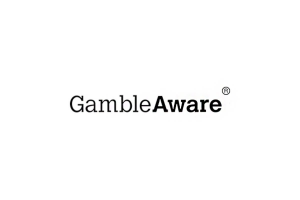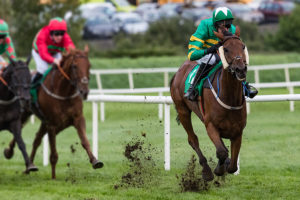GambleAware finds that British players hide gambling problems

The charity has reported that over two thirds of those with a problem hide it.
UK.- The industry-backed grant-making body GambleAware has reported research suggesting that over two thirds of British adults who experience problem gambling choose to hide it instead of speaking to someone.
The figure comes from an Ipsos study that aimed to explore the barriers to talking about problems with gambling. Some 4,207 British adults aged 18-75 responded to the survey. Of those with problems, 64 per cent said they had never spoken to anyone about it, with 39 per cent citing stigma and discrimination as the reasons why.
Barriers mentioned included feelings of shame or guilt (17 per cent) and worries about being judged (13 per cent). Meanwhile, 24 per cent said they didn’t speak to anyone because they believed they could deal with the problem themselves. The report also identified a delay among those who did choose to speak with someone – 67 per cent of these respondents spoke with someone within 12 months, but 28 per cent waited longer than that.
The study suggests that those who do choose to speak about the issue felt better as a result. Three quarters of people who spoke to someone felt positive about it, and 63 per cent wished they had done so earlier. The main reasons for speaking to someone were the impact of gambling on their mental health (23 per cent), the impact on finances (22 per cent) or to seek help to reduce or stop gambling (21 per cent). Family was the most common contact point (34 per cent of cases).
As for the types of gambling involved, the report found that instant win games were seen as the most addictive form of gambling, with 71 per cent of respondents describing them as “very” or “fairly” addictive. This category was followed by scratchcards (64 per cent) and casino card games (62 per cent). Esports betting was seen as the least addictive activity (48 per cent). The researchers said this was consistent with the general public view.
GambleAware is campaigning to raise awareness of the issue. Chief executive Zoë Osmond said: “It’s alarming to see the number of people who are struggling in isolation. As a hidden addiction, gambling harms can be incredibly hard to spot from the outside.
“It is therefore critical that people impacted are aware of the wide range of support services available, and that they feel safe to come forward. Anyone can be impacted by gambling harms, but the first step is to open up and have that first conversation, ideally as early as possible.”
Gambling minister Stuart Andrew said: “Too often we see the devastating impacts of harmful gambling, and our white paper outlines a host of new measures we’re implementing to protect those most at risk.
“A key element of our plans is the introduction of a statutory levy on gambling companies to raise sufficient, sustainable and trusted funding for research, prevention and treatment of gambling related harm.
“Stigma is the biggest barrier preventing people from seeking help, and I welcome GambleAware’s vital campaign which is raising awareness of the issue and helping people get the support they need.”
GambleAware data maps
Earlier this month, GambleAware published data maps that index problem gambling harms across UK local authorities and parliamentary constituencies. The aim is to help stakeholders in the National Gambling Support Network (NGSN). The charity raised concerns that fewer people are accessing treatment for gambling harm in Scotland than in the rest of Britain.










